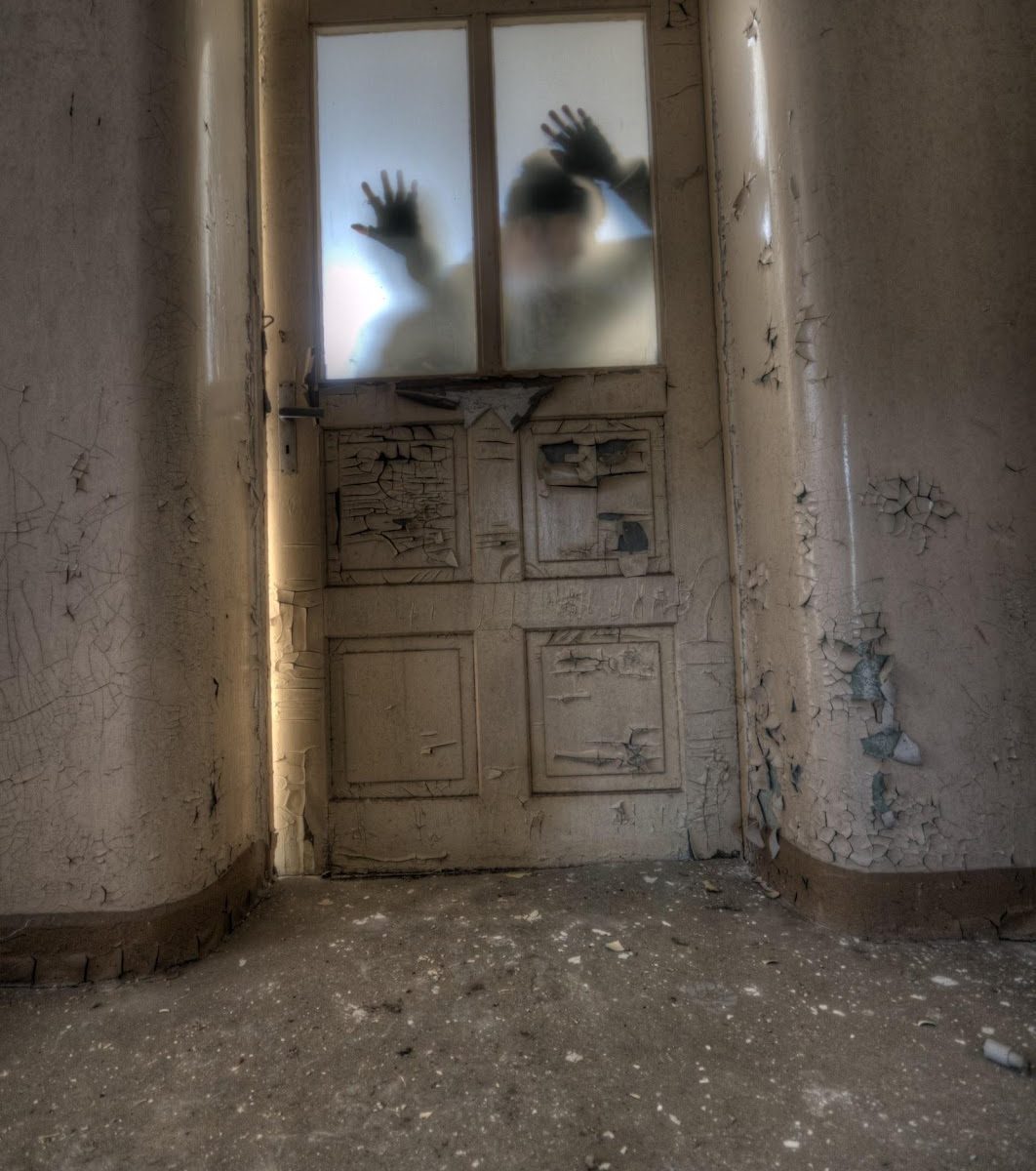5 Indicators That You Need Rehabilitation

Rehabilitation, the treatment for substance abuse, often goes unsought for because many don’t realize that they’re facing addiction issues. Plus, addiction to substance abuse often goes unnoticed until it has progressed to certain levels of severity; by the time an individual discovers that they have an addiction to substance use, chances are that he/she is far too reliant on it — it has taken control over their way of life. The more severe the addiction, the tougher the rehabilitation journey will be.
As such, it is important to know what are the telltale signs of substance addiction. This will ensure that you will be able to seek help in treating addiction even before your addiction spirals out of control. You may want to consider looking for a rehabilitation program if you find that the following indicators seem applicable to you.
1. Drug use tops your priority list
If substance use is what keeps you going throughout the day, or if you always look forward to substance use, then you may be addicted to it. This is the biggest sign of addiction because the substance consumes you and your mind.
When substance use is your priority, you find that you gain less joy from your former hobbies and interests. Then, the only thing that seems to make you happy is the very thing that is harming your health. Additionally, you may find that you’re spending less time with the people you love. Should this be the case, you may have an addiction to substance use and should schedule an appointment with your local healthcare professional for an assessment — the sooner, the better.
2. Your Health isn’t too good
Drug abuse is associated with negative effects on one’s health, and it is the case for a good number of reasons. Not only does it take a toll on both your physical and mental health, but it’s also an arduous journey to recover from.
Physical health:
You may experience insomnia, drowsiness, dry mouth or even rashes, among many other symptoms. The symptoms can range from mild to fatal and this depends on how long the user has been accustomed to substance use. It also varies with the type of substance used, how long the user has been using the substance and the average amount consumed.
Mental health:
Substance use as a coping mechanism for mental health can be extremely detrimental. As much as it seems to improve moods, the sense of happiness experienced is short-lived; the reliance on the substance to ‘feel good’ will only continue to increase. It can cause anxiety, depression or even hallucination.
If you think that you have been behaving unusually, remember to check with your peers to see what they think. Get encouragement from them to reaffirm your struggles because committing to rehabilitation is a life-changing decision. After seeking an assessment, consider all your rehabilitation options — don’t ever feel like you need to suffer in silence, your peers will want to support you as much as they can.

3. High Amounts of Drug Use Gets You High
The first time that you used a drug, you felt extraordinarily ecstatic. However, the first high is the ‘best’ one. Over time, your body will adopt a tolerance to it and you’ll eventually need an increasing amount of dosage just to get a similar ‘high’. This is because, once your body gets more tolerant, the harder it will be to feel ‘good’ without high amounts of the drug.
This sounds harmless until we factor in the consequences of continued substance use in high dosages. When you keep chasing the ‘high’ feeling, you’re putting your body at risk of suffering from an overdose. One potent drug, commonly known as heroin, is infamous for causing death and coma because large amounts can dangerously slow down your pulse and breathing rate. Should this sound all too familiar, it is a good time to schedule an appointment with your local
4. You’re Using Drugs to Cope with Your Problems
More often than not, people abuse substances without even realizing it. Since drugs can temporarily alter one’s state of mind, it can help the individual feel as though he/she has managed to escape or overcome troubling problems. This is especially true for those coping with mental health issues, like depression or anxiety among many others.
Even though drugs do improve one’s mood, increased drug use will cause an overreliance and result in worsened mental health. If an individual keeps self-medicating whenever he/she tries to escape, the drug abuse will become a self-perpetuated cycle — one that becomes a habit that is too hard to break, henceforth becoming an addiction.
Some treatments only target substance abuse, so it is important to get an assessment to thoroughly ensure that underlying issues like mental health are addressed too. If the underlying issues go unaddressed, the probability of a relapse is much higher. Thus, be sure to seek professional advice and get the rehabilitation you need — it may be a commitment to change one’s lifestyle but this will definitely be for the better.
5. You’ve tried to Quit once
Many are aware of how bad substance abuse is to the body and have tried to quit. Yet, because the drug has become such an integral part of the individual’s day-to-day life, he/she would inevitably cave in and use drugs again.
Understandably, as a chronic condition, addiction is naturally marked by its own relapses during the recovery phase. One must always recommit to abstinence whenever there is a relapse, to ensure that their recovery goes as smoothly as possible. If you find that you’ve been trying to quit substance use to no avail, you can consider rehabilitation. You can also gain encouragement from self-help groups and the outpatient program. Last but not least, rehabilitation will provide you with all the medical attention, safety procedures and therapy needed to help you end your addiction woes for good.

 Pathways Drug Rehabilitation Luxury Addiction Treatment & Detox Center
Pathways Drug Rehabilitation Luxury Addiction Treatment & Detox Center


